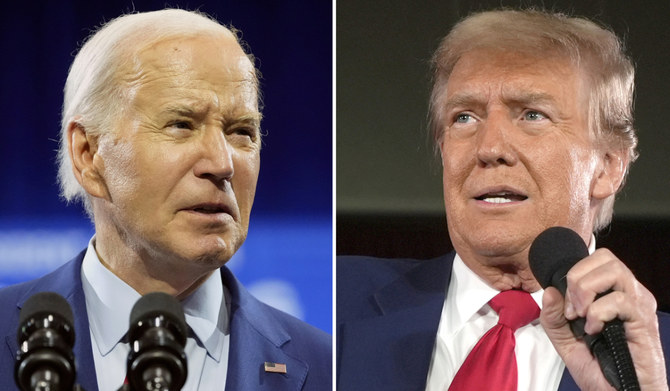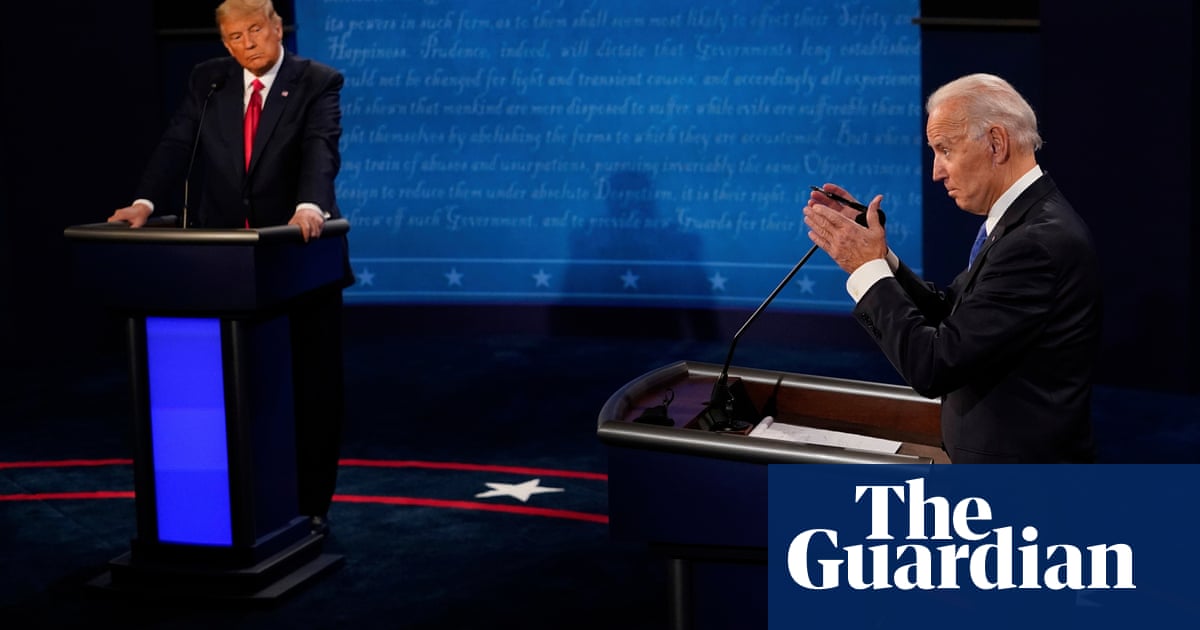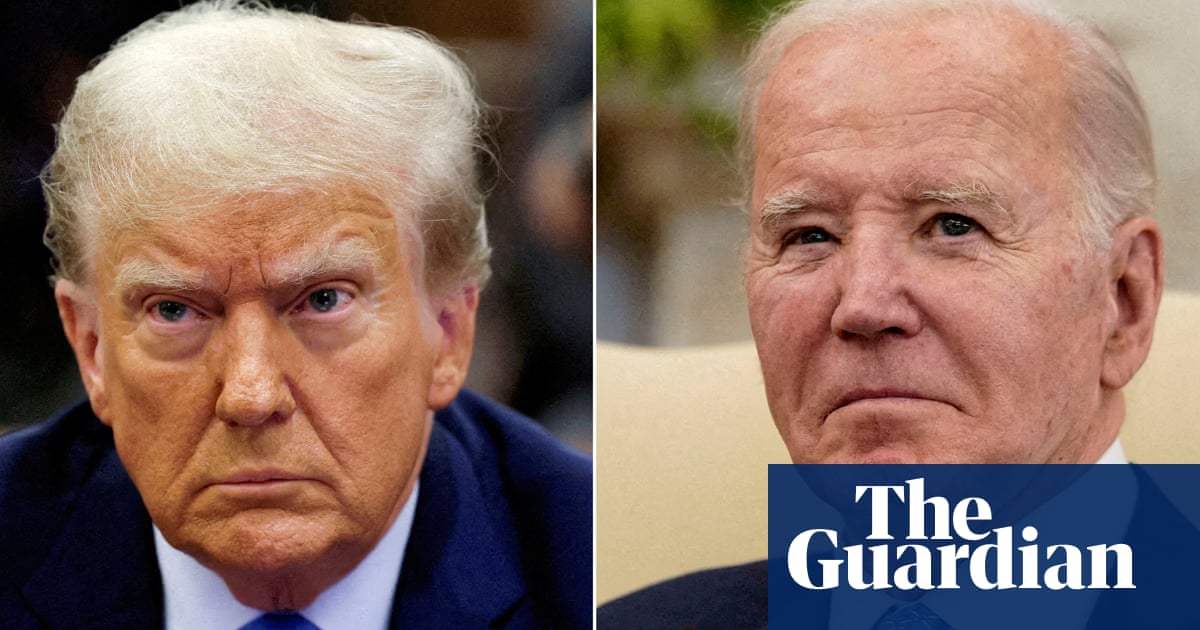
Presidential debates are a pivotal element of the democratic process in the US. They offer a platform for candidates to present their policies, challenge their opponents and engage directly with the electorate. These debates are more than just political theater; they have the potential to sway public opinion, solidify or dismantle narratives and ultimately influence the outcome of elections. With the 2024 election on the horizon, the prospect of a rematch between former President Donald Trump and President Joe Biden brings heightened anticipation, as their debates could significantly impact the political landscape.
The tradition of presidential debates dates back to the famous Lincoln-Douglas debates of 1858, though the modern format was established with the Kennedy-Nixon debates in 1960. These debates are crucial moments in election campaigns, often remembered for their memorable lines, dramatic confrontations and the clarity (or lack thereof) with which candidates articulate their visions for the country.
Historically, debates have sometimes led to significant shifts in public perception. For instance, Ronald Reagan’s affable “There you go again” retort in 1980 or Barack Obama’s commanding performance in the second debate in 2012, after a lackluster first appearance, played crucial roles in their respective victories. Conversely, poor debate performances can spell disaster, as evidenced by Michael Dukakis’ unemotional response to a question about capital punishment in 1988.
This year’s rematch between Trump and Biden is particularly charged, given their contentious first encounter in 2020, which was marked by frequent interruptions and personal attacks. These chaotic debates set a new precedent for confrontational politics and left many voters frustrated with the political discourse. Given the high stakes involved, a second round of discussions between these two figures is likely to draw even more intense scrutiny and higher viewership.
One of the key aspects of any presidential debate is the stark contrast in policy and vision between the candidates. The two leaders represent two very different ideologies and visions for the future of America.
Trump’s platform will focus on continuing his “America First” policies, emphasizing economic nationalism, deregulation and a hard-line stance on immigration. He would also highlight Biden’s handling of the economy, foreign policy and social issues, leveraging his ability to connect with a segment of the electorate that feels disenfranchised by the current administration.
Biden, on the other hand, must defend his record. He is expected to focus on issues he claims as victories, such as the COVID-19 pandemic response, economic recovery efforts, climate change initiatives and social justice reforms.
Mixed results could lead to a highly unpredictable election campaign, with momentum swinging back and forth.
Dalia Al-Aqidi
He needs to articulate a clear vision for his second term, addressing concerns and criticisms while presenting a roadmap for continued progress. However, he will find it difficult to convince voters of his ways of dealing with inflation, which is destroying the lives of millions.
The debates will provide a platform for Biden to counter Trump’s narrative and reengage voters who may be disillusioned or uncertain about his presidency. Trump has been challenging Biden to face him in a presidential debate for a while. His call to action, delivered via his Truth Social social media platform, urged Biden to set up the debates immediately. “I’m ready to go anywhere that you are,” Trump posted.
Ultimately, the White House agreed to a pair of presidential debates hosted by television networks, circumventing the schedule and traditional format proposed by the Commission on Presidential Debates. The first debate, scheduled for June 27, will be hosted by CNN at its Atlanta studios and the second, hosted by ABC News, is set for Sept. 10. Biden’s campaign insisted on holding the debates without an audience, recognizing that Trump’s charisma and ability to connect with live audiences could give him an edge.
Biden’s campaign also demanded that one debate be held before the start of early voting and that the hosts not come from outlets with an ideological bent toward Trump. These conditions reflect a strategic approach to mitigating Trump’s strengths and minimizing Biden’s potential mishaps.
The outcomes of the Trump-Biden debates in 2024 could have far-reaching implications for the election and the future of American politics. Several scenarios are possible, each with its own set of consequences.
If Trump performs exceptionally well in the debates, effectively landing blows on Biden’s record and presenting a compelling vision for the future, it could energize his base and sway undecided voters in his favor. A strong debate performance could also help Trump overcome some negative perceptions surrounding his previous term, particularly if he presents himself as more disciplined and presidential. However, a dominant Trump performance could also galvanize the opposition to him, motivating Democrats and independents to turn out in higher numbers to prevent a second Trump presidency.
If Biden holds his ground in the debates, effectively countering Trump’s attacks and presenting a clear, positive vision for the future, it could reinforce his incumbency advantage and reassure voters who are on the fence. However, given his decreasing approval numbers and poor performance on several issues, this might be hard for him to achieve.
A steady performance by the current president could maintain the status quo, keeping the race competitive but without any dramatic shifts. This scenario would likely result in a close election, with the outcome hinging on turnout and the effectiveness of each campaign’s ground game.
It is also possible that the debates produce mixed results, with each candidate having strong and weak moments. In this scenario, the impact of the debates may be less pronounced, with voters relying more on other factors, such as campaign ads, grassroots organizing and media coverage, to make their decisions.
Mixed results could lead to a highly unpredictable election, with momentum swinging back and forth in the campaign’s final weeks. Voter turnout, particularly among key demographics and swing states, would become even more critical in determining the outcome.
• Dalia Al-Aqidi is executive director at the American Center for Counter Extremism.












